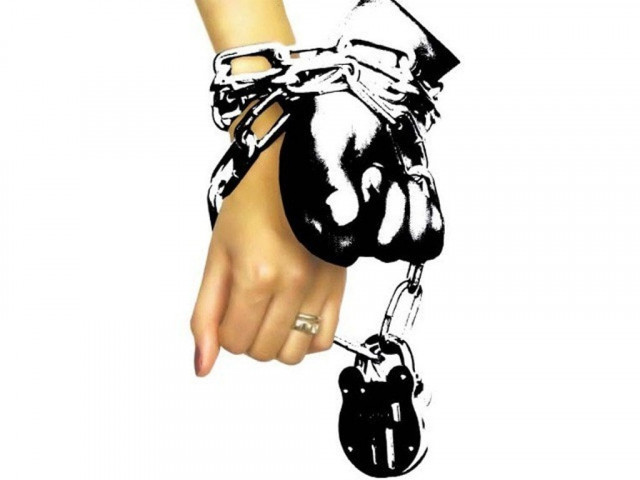UK forced marriage ban
We welcome the legislation and await the first prosecutions with considerable interest.

Two-thirds of the cases referred to the FMU have their origins in South Asian countries, and 43 per cent of those were linked to Pakistan. PHOTO: FILE
The British government has a long-established Forced Marriage Unit (FMU) — there is a busy branch office at the British High Commission in Islamabad — and nearly two-thirds of the cases referred to the FMU have their origins in South Asian countries, and 43 per cent of those were linked to Pakistan. A total of 73 countries worldwide have nationals that have come to the attention of the FMU, but by far the largest proportion come from Pakistan, India and Bangladesh. The issue has gained in prominence in the UK over the last decade, and campaigners for the rights of women and girls have welcomed the new law. British Home Secretary Theresa May has said that forced marriage is a tragedy for every victim, and British Prime Minister David Cameron has likened it to a modern form of slavery.
Few community leaders in the UK are willing to speak against the tradition, the power of culture is so great. But an increasing number of young women are referring themselves to the FMU, fearful of what their parents and other relatives have in store for them. We welcome the legislation and await the first prosecutions with considerable interest.
Published in The Express Tribune, June 18th, 2014.
Like Opinion & Editorial on Facebook, follow @ETOpEd on Twitter to receive all updates on all our daily pieces.














COMMENTS
Comments are moderated and generally will be posted if they are on-topic and not abusive.
For more information, please see our Comments FAQ